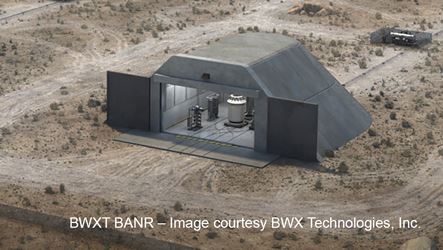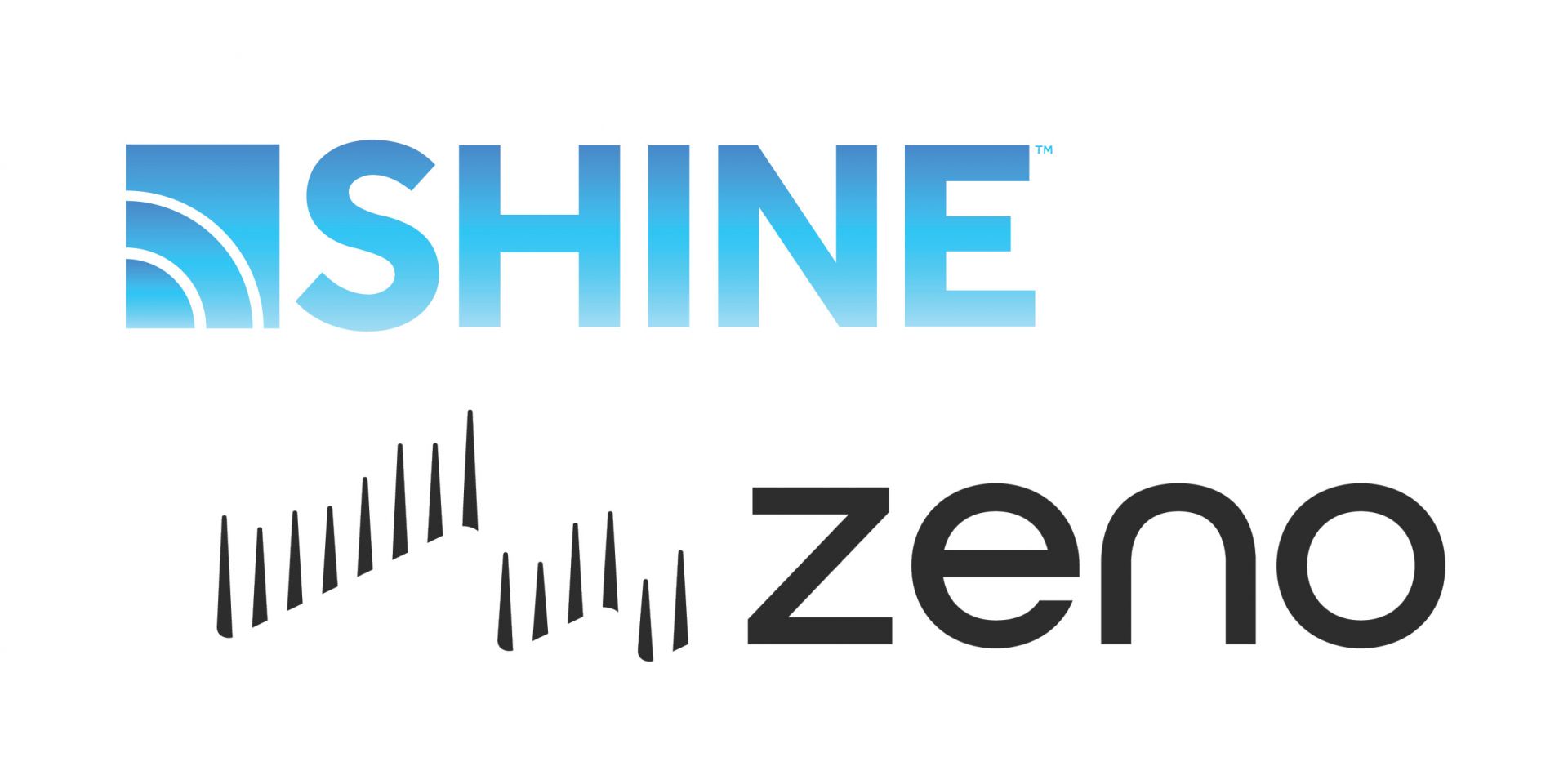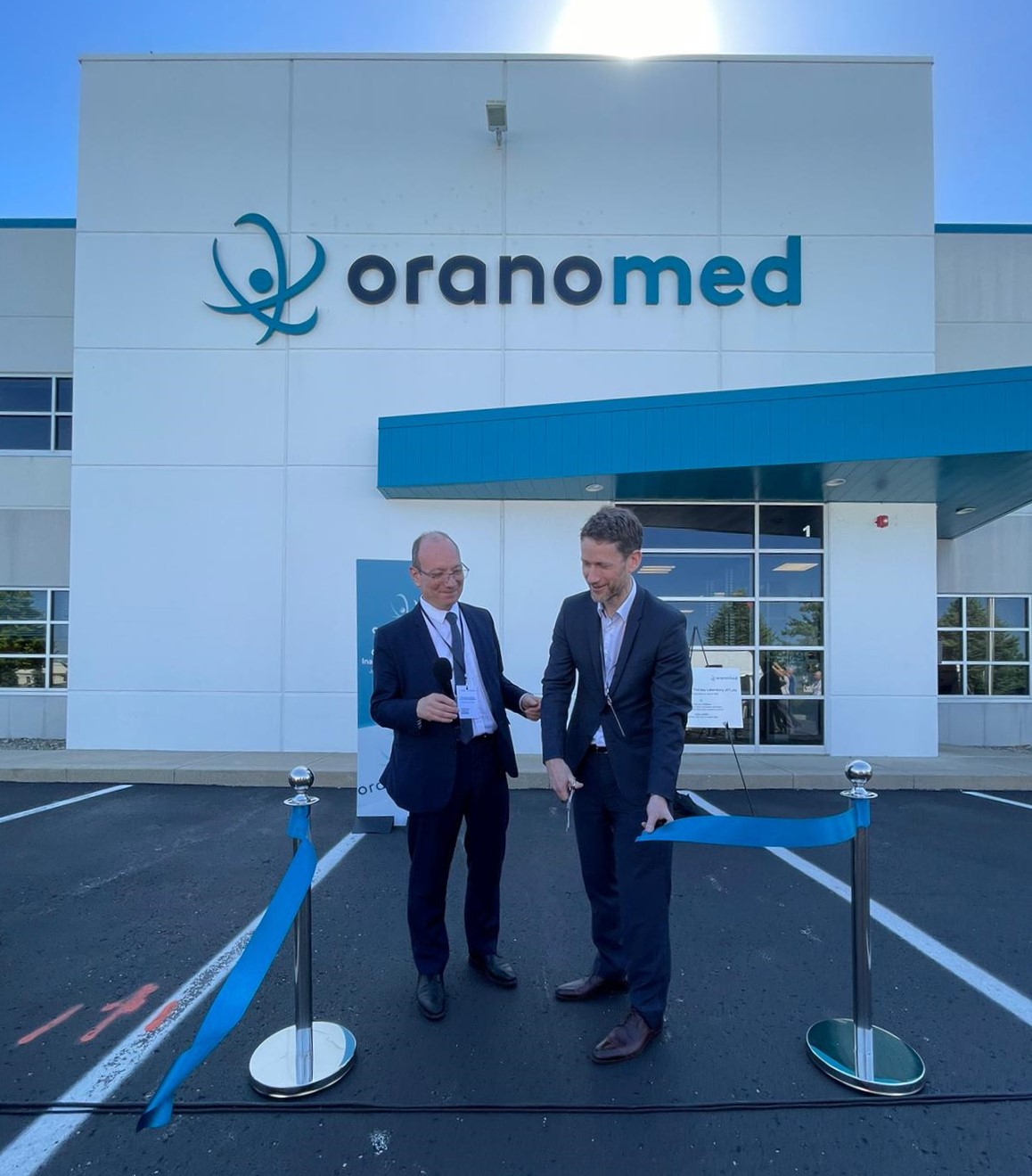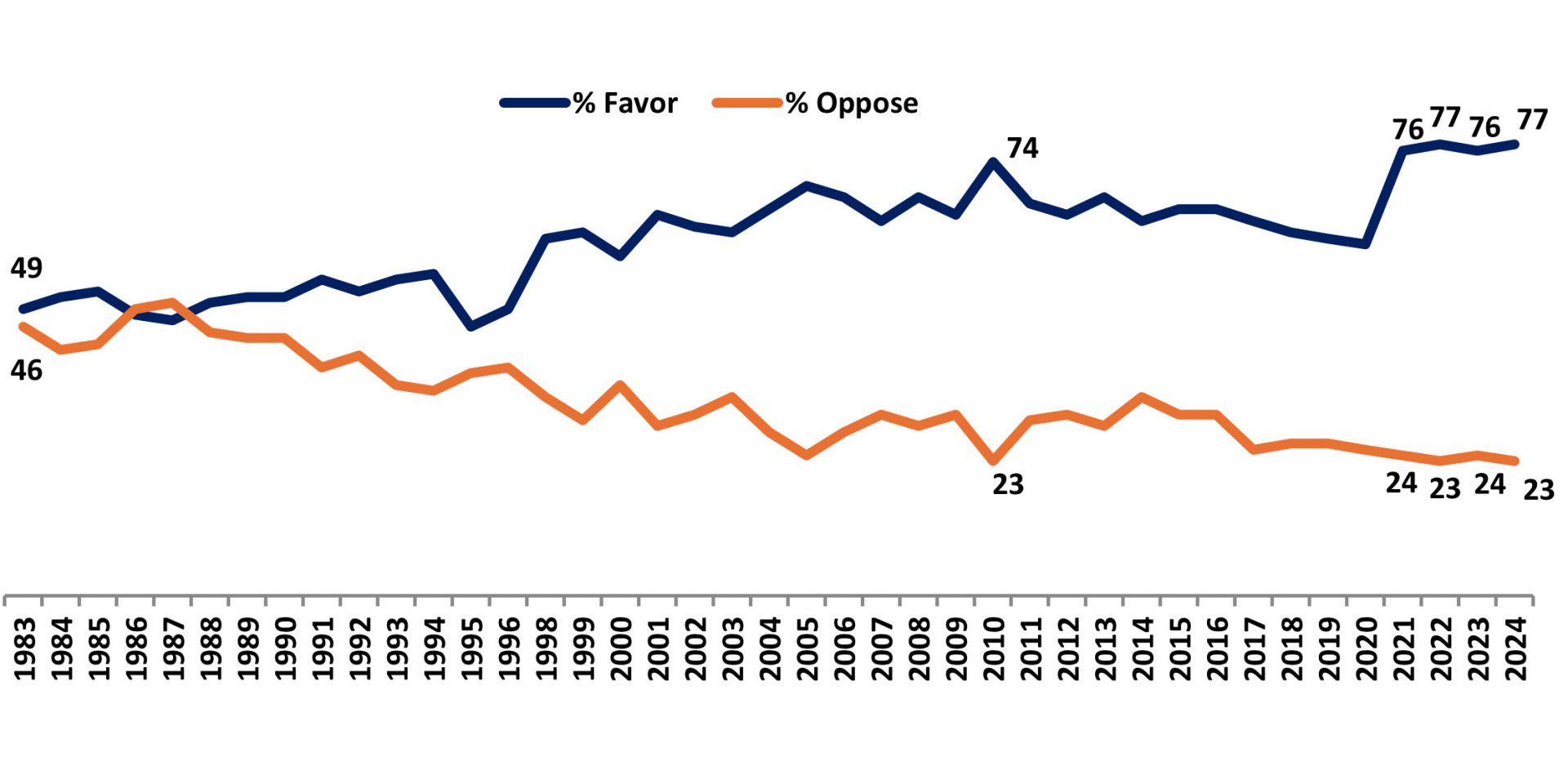NRC amends fees for FY 2024
The Nuclear Regulatory Commission is amending regulations for the licensing, inspection, special projects, and annual fees it will charge applicants and licensees for fiscal year 2024.

A message from NV5, Inc.
Seconds Matter: Rethinking Nuclear Facility Security for the Modern Threat Landscape
The Nuclear Regulatory Commission is amending regulations for the licensing, inspection, special projects, and annual fees it will charge applicants and licensees for fiscal year 2024.

BWX Technologies Inc. received the second phase of a contract with the Wyoming Energy Authority to assess the viability of deploying small-scale nuclear reactors in the state.
The company’s subsidiary, BWXT Advanced Technologies LLC, has been executing the agreement, working with the state of Wyoming to define the requirements for nuclear applications and to study the engineering work needed to support the state’s future power needs. BWXT identified areas where Wyoming’s supply chain could support nuclear reactor component manufacturing.
The U.S. Department of Energy plans to invest up to $900 million to support the initial deployment of small modular reactor technology.
The DOE issued a notice of intent to fund projects from President Biden’s infrastructure law with the goal of accelerating advanced nuclear projects to support energy infrastructure. The department estimates the country will need up to 950 gigawatts of reliable and clean energy to help reach the goal of net-zero emissions by 2050. Nuclear currently generates 18.6 percent of U.S. electricity.
The technical session “HALEU and Nonproliferation” on Tuesday at the American Nuclear Society Annual Conference focused on why increased nuclear fuel enrichment comes with increased responsibility. Reactor designers are pursuing high-assay low-enriched uranium fuel for their advanced designs, and technical and policy questions surrounding nuclear nonproliferation will need to be addressed if the United States is to become a HALEU supplier.

William A. Anders
William A. Anders, former chairman of the Nuclear Regulatory Commission and a former member of the American Nuclear Society, died on June 7 at 90 years of age.
In a June 18 statement, the NRC offered condolences on his passing.
“Chairman Anders had an illustrious career far beyond taking one of the most widely seen photos from space,” said NRC chair Christopher Hanson. “He was the only person to serve as commissioner on both the Atomic Energy Commission and NRC, and he served as the new agency’s first chairman, providing institutional continuity while unambiguously committing the agency to serve as an unbiased, independent, and open regulator. We are saddened by his death and extend our condolences to his family.”

Wisconsin-based fusion technology company SHINE Technologies announced today the signing of a memorandum of understanding with Zeno Power to develop a nuclear materials supply chain for its commercially available radioisotope power systems (RPSs). Under the MOU, SHINE plans to provide Zeno with strontium-90 to power its RPSs, which are capable of providing continuous power in harsh environments.

Guillaume Dureau of Orano Group (left) and Orano Med’s Julien Dodet cut the ribbon on the new ATLabs Indianapolis. (Photo: Orano)
Orano Group subsidiary Orano Med, a developer of targeted alpha therapies for oncology, inaugurated its first ATLab (Alpha Therapy Laboratory) earlier this month. Located in Brownsburg, near Indianapolis, Ind., ATLab Indianapolis is an industrial-scale pharmaceutical facility dedicated to the production of lead-212–based radioligand therapies.
Targeted alpha therapy has shown to be effective in treating various oncological diseases, combining the natural ability of biological molecules to target cancer cells with the short-range cell-killing capabilities of alpha emissions generated by Pb-212. With a half-life of 10.64 hours, along with a decay product of the short-lived alpha-emitter bismuth-212, Pb-212 allows for the possible synthesis and purification of complex radiopharmaceuticals with minimum loss of radioactivity during preparation.
The development of radiopharmaceuticals has long been hampered by the difficulty of manufacturing and distribution on an industrial scale, Orano said, adding that the construction of ATLab Indianapolis is a major step toward making these new treatments available to cancer patients with high unmet needs in North America.

The U.S. Senate voted last week to put three new members on the Federal Energy Regulatory Commission, a bipartisan energy oversight board.
The chamber confirmed the nominations of Republican Lindsay See and Democrats David Rosner and Judy Chang. The votes on the nominations were 86–9, 68–26 and 63–33, respectively.

International Atomic Energy Agency director general Rafael Mariano Grossi was in Switzerland last week to talk with insurance executives at the Nuclear Pools’ Forum about the potential of nuclear power.

The ANS Trustees of Nuclear corporate membership program invites nuclear industry companies and suppliers to join ANS in support of the Society’s K-12 STEM initiatives, the Rapid Response Taskforce, and Nuclear Policy Leadership Events. Below are summaries of the three programs supported by the Trustees of Nuclear.

A 60-year-old Wyoming industrial machinery company has joined forces with nuclear innovator BWX Technologies to build and deploy 50-megawatt microreactors in America’s heartland over the coming years to provide carbon-free heat and power for industrial users.
A 60-year-old Wyoming industrial machinery company is partnering with nuclear innovator BWX Technologies to deploy 50-megawatt microreactors in America’s heartland over the coming years to provide carbon-free heat and power for industrial users.

Interim Storage Partners (ISP), a joint venture of Waste Control Specialists and Orano USA, has petitioned the U.S. Supreme Court to overturn the decision by the 5th Circuit Court of Appeals to vacate its license for a consolidated interim storage facility for commercial spent nuclear fuel in Andrews County, Texas.

Infinity Power has developed a nuclear battery that it says generates electrical power from radioisotopes with 60 percent overall efficiency, exceeding that of other radioisotope energy conversion methods, which are typically less than 10 percent. The company believes its technology—developed in part under contracts from the Department of Defense—has potential for “next-generation radioisotope power sources.”

Texans are likely to experience intermittent power outages this summer, according to an analysis by the Electric Reliability Council of Texas.
Members of ERCOT, the Public Utility Commission of Texas (PUCT), and others from the energy industry spoke to the state’s House of Representatives’ Committee on State Affairs earlier this week. ERCOT’s newest report indicates a 16 percent chance of an electric grid emergency and a 12 percent chance of rolling blackouts in August—likely occurring on nights when there is low wind power production.

Radiant Industries announced on June 4 that the safety design strategy (SDS) for a test of its Kaleidos microreactor in the National Reactor Innovation Center’s DOME test bed at Idaho National Laboratory now has approval from the Department of Energy. Radiant hopes to test Kaleidos—a 1-MW high-temperature, gas-cooled reactor—by 2026 and then market portable commercial reactors to power remote locations and provide backup or primary power for critical applications in hospitals or for disaster relief.
 2x1.jpg)
Results of two new surveys have shed light on American public opinion regarding nuclear energy. The surveys, which were conducted with very different methods, offer generally encouraging news for the nuclear industry.

In budget discussions conducted last week, the California legislature rejected a $400 million budget item to help keep the state’s sole remaining nuclear plant operational.
Diablo Canyon—owned by Pacific Gas & Electric—has been the subject of much debate in California. To meet grid demands during a record hot summer in 2022, Gov. Gavin Newsom had cut a deal to give $1.4 billion to support continued operations at the 2,200-MWe nuclear facility.

Sterile mosquitoes are being used to reduce the population of insecticide-resistant Aedes aegypti mosquitoes in Fort Myers, Fla., which can spread viruses including dengue, yellow fever, Zika, and chikungunya.

A ceremony in Wyoming yesterday marked the official start of construction of TerraPower’s planned Natrium reactor demonstration project.
While currently awaiting final review from the U.S. Nuclear Regulatory Commission, TerraPower is moving forward with nonnuclear construction work at a retired coal plant near Kemmerer, Wyo. The groundbreaking brought together TerraPower leaders, government officials, Natrium project partners, industry advocates, and community supporters.